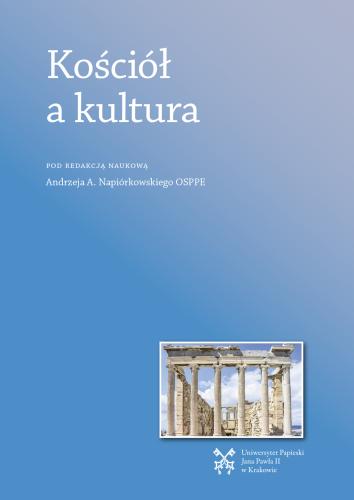Pagan culture and philosophy in the thought of the Latin Church Fathers
Synopsis
It is not easy to talk about the attitude of the Church Fathers toward pagan culture and philosophy when we divide them into Latin and Greek, as this is an artificial division. Both of these linguistic and cultural zones shared the same view of the culture and philosophy of the time and drew abundantly from it. There are also close links between the Eastern and Western Fathers; without the one, it is impossible to comprehend the arguments of the other. However, having the task of presenting the thinking of the Latin Fathers alone, we have tried to do so, as far as possible, without making unnecessary and misleading “vivisection.” Some theologians, albeit few (e.g., Tertullian), entirely opposed Hellenistic culture. However, most Latin Fathers (and Greek Fathers) regarded philosophy as a propaedeutic tool for exploring and proclaiming the Christian faith. A great example of the Latin Fathers’ positive approach to secular science and culture was Cassiodorus, who believed there was a close connection between secular knowledge and theology. The secular sciences and pagan wisdom are closely connected to Scripture, which is the source of it. Secular wisdom, therefore, should serve Christian truth. Cyprian of Carthage, Lactantius, Marius Victorinus, Hilary of Poitiers, Ambrose, Optatus of Mileva, Jerome, Augustine, and many others were great experts in secular culture and used it in theology. The view that the entire early Church was permeated by philosophy, except for a few caveats, is not tenable. Prominent theologians made use of their classical training. From the fourth to the seventh century, philosophical concepts were vital for the development of Trinitarian theology and Christology. From this time onwards, the debates of the theologians and the great councils of that period revolved around purely philosophical words and formulas taken from the culture and philosophy of the time. Contemporary studies of early Christian philosophy need to explore the relationship between philosophy and Christianity as a phenomenon of mutual influence in the context of the many connections with the entire ancient world.



